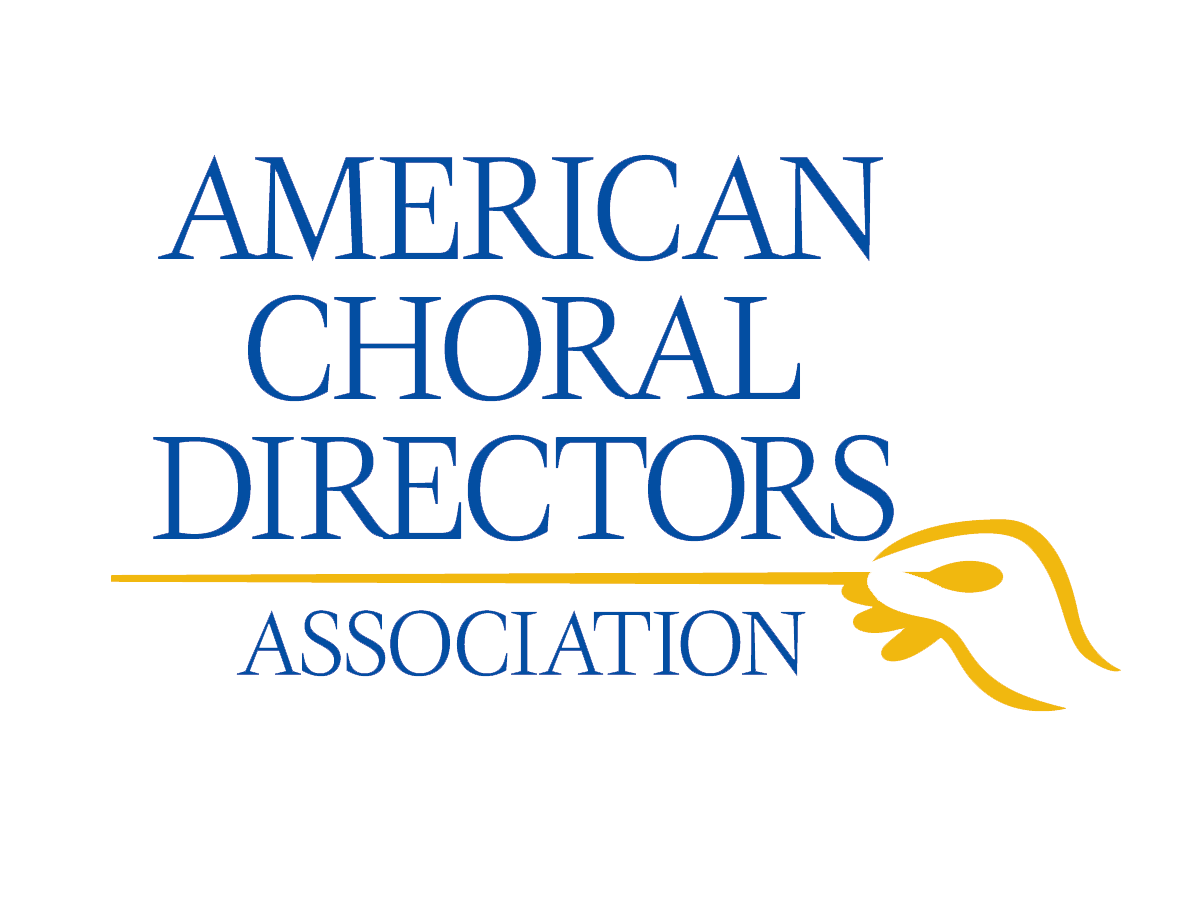I. Description of the Journal
a. The International Journal of Research in Choral Singing is a publication of the American Choral Directors Association. This journal welcomes studies that apply rigorous, systematically grounded methodologies, either quantitative or qualitative, to investigate phenomena of potential interest to all who sing in, work with, or are otherwise interested in choral ensembles. The IJRCS was founded in 2002 by founding editor James Daugherty and an international interest group composed of choral conductor-teachers and voice scientists, each of whom was an established researcher and an active choral musician. From its beginning, the journal has encouraged research-based understandings that promote mutually informative conversation among scientific, artistic, and pedagogical orientations to choir singing.
b. In 2012, the American Choral Directors Association (ADCA), recognizing IJRCS’s contributions to the choral community and its need for administrative support, proposed to the IJRCS Board that ACDA publish the journal without changes to the journal’s mission, policies, or editorial autonomy. By terms of the resulting memorandum of agreement IJRCS became the scientific research journal of the American Choral Directors Association. The process was led by Steven M. Demorest, who was named Editor Emeritus in perpetuum upon his passing in 2019.
c. As a freely accessible research journal, IJRCS grants permission for readers to reproduce and/or link electronically to articles for noncommercial, educational purposes only. Permission to reproduce articles for any other purposes may be requested by writing to the ACDA Publications Editor at gro.a1772617167dca@r1772617167enrag1772617167muba1772617167.
II. Submission Guidelines
a. The International Journal of Research in Choral Singing publishes refereed research reports that advance knowledge and practice with respect to choral singing, choir sound, choral pedagogy, and related areas. The editorial board welcomes manuscripts that reflect well-executed research employing quantitative, philosophical, historical, or qualitative methodologies. Reviews of empirical research, meta-analyses, etc. will also be considered for publication (see “note” below). Score studies, choral literature reviews, composer biographies, or purely anecdotal speculations will not be considered.
b. All quantitative studies must conform to the current manuscript style of the Publication Manual of the American Psychological Association. Other studies may use current editions of either the APA manual, Chicago Style (per Turabian, et al.), or The Chicago Manual of Style. Authors may not mix styles within a single manuscript.
c. Reviews of research should strive to do more than simply summarize research in a given area. Minimally a successful review of research should: 1) identify a purpose for the review – why this area of research is important; 2) critically evaluate the quality of the work under review; 3) help the reader to understand how a topic has been explored methodologically and theoretically; and 4) identify specific areas of need and directions for future research. Reviews can also be used to point to new theoretical directions for research based on an assessment of empirical findings.
d. Submission of a manuscript for review indicates that the material has not been published previously in any form and is not currently submitted elsewhere for consideration, either wholly or in part. Manuscripts that address previously published material by re-analysis of data in light of new theories or technologies, additional data, or substantial revision will be considered. Article length reports of dissertations or theses, provided the full document has not been published previously in other than institutional or electronic dissertation-thesis databases, will be considered. The author should inform the editor of all such details when submitting the manuscript for review. Data that can be combined meaningfully within a single publication should be presented together.
e. Piecemeal publication, whereby a single investigation has been broken up into separate manuscripts for no reason other than maximizing the number of potential publications, constitutes a violation of research publication ethics. Manuscripts reporting significant portions of longitudinal or very large-scale investigations as they are completed across time do not constitute piecemeal publication. However, authors should inform the editor of this circumstance. Any questions regarding this policy should be directed to the editor in advance of submission.
f. Authors of studies that employ human participants must indicate that they obtained appropriate IRB (Institutional Review Board) permissions.
g. Manuscripts must be submitted in succinct, clear English, with limited use of jargon and passive voice. Manuscripts should indicate the study’s potential implications for or applications to those persons who sing in, work with, or research choirs.
h. To submit a manuscript, attach it as a document (.doc or .docx) in an email addressed to the editor at gro.a1772617167dca@s1772617167crji1772617167. The title page should include author name(s), institutional affiliation(s), and email address(es). The editorial staff will delete all such information prior to forwarding the manuscript to three reviewers for blind review. Your manuscript should include an abstract of 200-250 words. Neither the abstract nor the main text of the manuscript should contain clues to the author’s identity or institutional affiliation. Manuscripts from Editorial Board members undergo the same blind review procedures required for all submissions.
i. Place tables and figures must be placed at the end of the manuscript. Involved tables, graphs, figures, or historical documents may be attached as separate files. Web sites or interactive materials cited or referred to in the body of the manuscript should include current URL addresses.
j. As applicable, the IJRCS encourages appropriate use of sound or video files that support or illustrate research. In order for such supporting materials to be included, authors must obtain permission from any persons featured to publish author-submitted photographs, audio-video footage, or audio recordings. In order to include any copyrighted materials, authors must submit documentation verifying that they have permission to use such materials.
k. Correspondence concerning editorial matters may be addressed to the editor at: gro.a1772617167dca@s1772617167crji1772617167
III. Frequency of Publication
The International Journal of Research in Choral Singing publishes one volume per calendar year, with articles added continuously.
Contact Us
For editorial matters and submissions, please contact the editor at gro.a1772617167dca@s1772617167crji1772617167.


